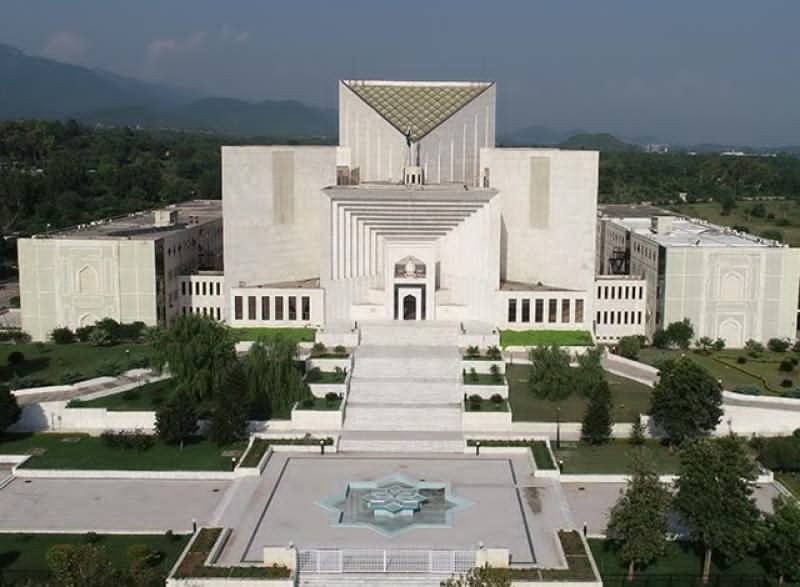Judges have recommended legal action against agencies interference in judicial matters.
Judges from the Balochistan High Court (BHC) and Peshawar High Court (PHC) have recommended stringent measures against interference in judicial matters, particularly by intelligence agencies.
These recommendations surfaced during a larger bench hearing at the Supreme Court, which was convened to address allegations made by six Islamabad High Court (IHC) judges regarding undue influence in judicial affairs.
Recommendations by Balochistan High Court Judges:
The BHC judges have called for concrete steps to address concerns surrounding the tapping of telephone conversations and video recordings of judges and their families.
Also read: IHC judges’ letter: Justice Yahya Afridi recuses himself from suo motu case
Their recommendations urge the Chief Justice of Pakistan to take decisive action in this regard.
Key points from their suggestions include:
- Submission of Sworn Statements: Judges making complaints should submit sworn statements, after which they should not be subjected to cross-examination.
- Initiation of Contempt Proceedings: Agencies found to be interfering or blackmailing in judicial matters should face contempt of court proceedings.
- Collection of CCTV Footage: Evidence of interventions should be collected through CCTV footage, with a five-judge bench of the high court tasked with decision-making.
- Protection of Judges: Judges reporting interference should not face retaliation or targeting.
Recommendations by Peshawar High Court Judges:
Echoing similar concerns, judges from the Peshawar High Court (PHC) have proposed measures to curb interference and maintain the integrity of the judiciary.
Their recommendations include:
- Prohibition of Agency Representatives: Entry of intelligence agency representatives into judicial proceedings should be prohibited.
- Confidential Complaint Handling: Complaints regarding interference should be kept confidential to protect the integrity of the process.
- Establishment of Mechanisms: The judiciary should engage with other branches of the state to establish mechanisms for addressing interference.
- Avoidance of Social Media: Judges are advised to refrain from meeting with agency representatives and abstain from using social media platforms for professional matters.
Supreme Court’s Response:
During the hearing, Chief Justice Qazi Faez Isa expressed concerns regarding the extensive nature of the recommendations, suggesting a potential limit to the actions that can be taken.
Background:
The Supreme Court’s larger bench, comprising Chief Justice Qazi Faez Isa and five other justices, was convened following suo moto notice taken by the Chief Justice of Pakistan regarding a letter penned by six IHC judges.
This letter highlighted allegations of interference by intelligence agencies in judicial matters, particularly in light of a recent judgment on the dismissal case of Shaukat Aziz Siddiqui.
